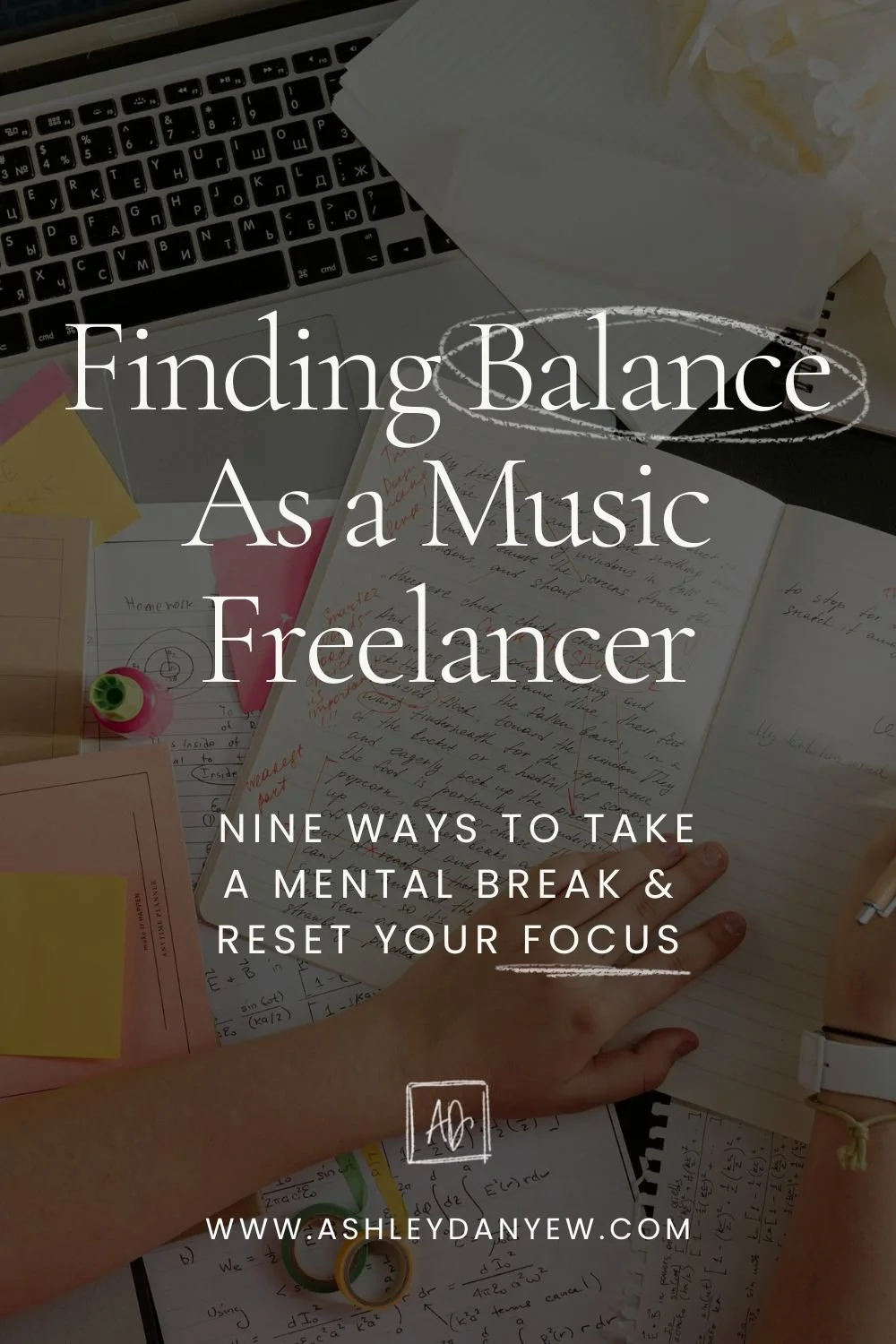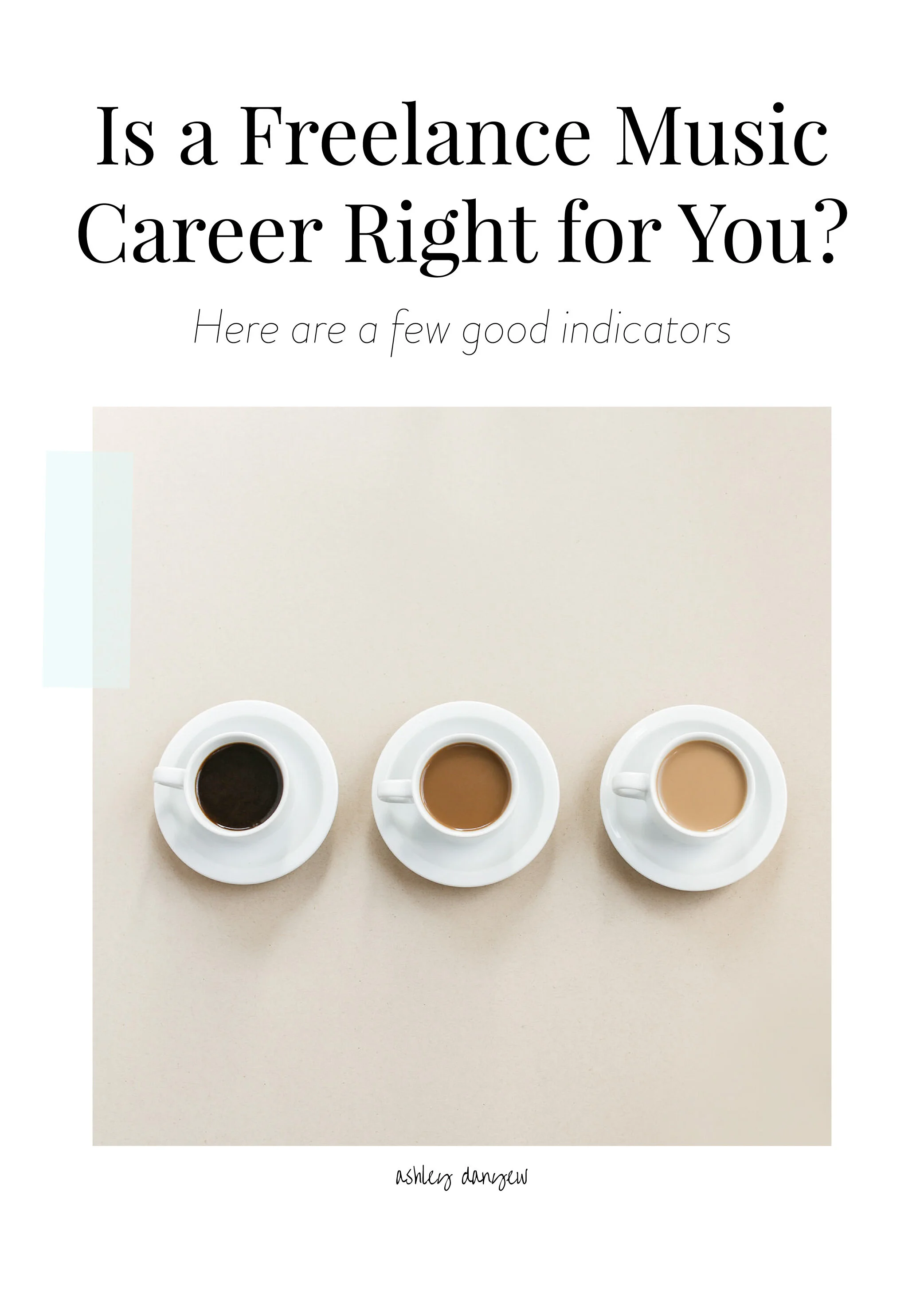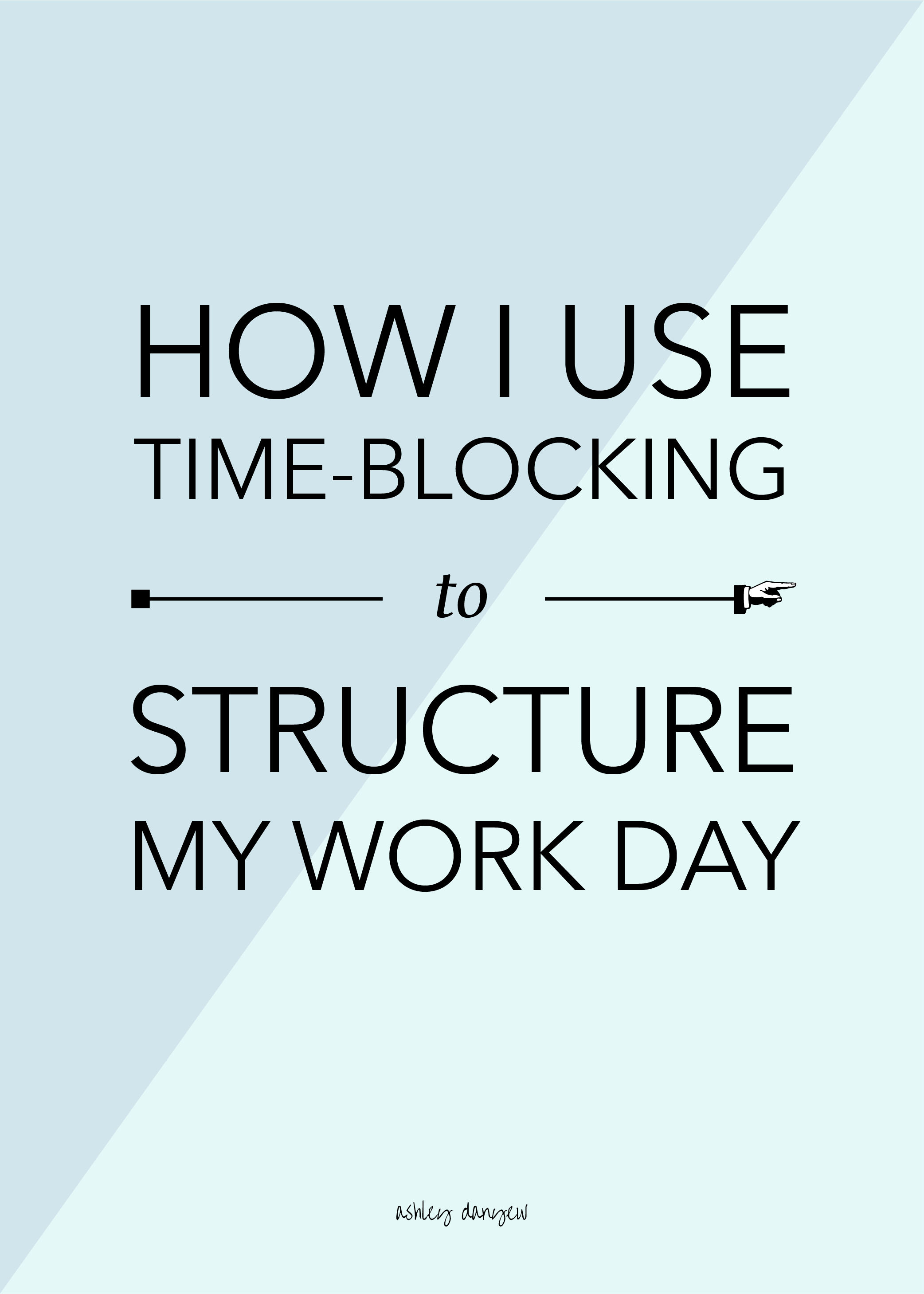Editor’s Note: Read an updated version of this post here.
8 a.m. theory classes, 1-credit ensembles, concerts, performances, listening exams, and 10 p.m. practice sessions.
Ah, music school.
I’ve spent my fair share of time in music school: from my undergraduate degree in Piano and Organ Performance to a Master’s and Ph.D. in Music Education, I think it all adds up to 10 years (but who’s really counting?).
And yet, despite all that schooling (and all those recitals and term papers), there were still many things I didn’t know when I started building my career; things I had to figure out on my own and learn with time and practical experience.
Life’s like that, though, isn’t it? No matter how much you try to prepare for something, there are some things that you just have to experience in order to learn. You have to go through the process of trial and error and learning how to figure things out on your own. You have to learn how to be your own teacher, your own boss, your own advocate.
I’ve been thinking about this recently and I thought it might be helpful to share some of the key things I’ve learned since finishing music school; things that were critical to the development of my career.
7 Things I Didn’t Learn in Music School
No. 1: How to run my own business
If you’re a freelance musician, then you're the CEO of your own business.
It’s up to you to make sure your income exceeds your expenses, that you pay your taxes on time, and that you start saving for retirement. These are things that are often not taught in music school, unless you happened to take a business or careers-type class during your program of study.
Running your own business includes things like:
investments (setting up a retirement account like a Roth IRA and contributing regularly)
taxes (paying estimated taxes; collecting and paying sales tax in certain circumstances; keeping track of receipts, mileage, and write-offs; and filing a Schedule C for your business)
invoices (valuing your time, creating, sending, and following up)
marketing (social media, email marketing, and self-promotion)
What I've learned: Do your research, Google lots of things, and figure out how these things work. Make sure you're starting your career out on the right foot and setting up good systems and processes that will keep your business running in the future.
Related posts:
How to Build and Run a Successful Piano Studio
5 Things I’ve Learned About Running My Own Business
Taxes for Freelancers: Part I, Part II, Part III, Part IV
No. 2: How to read a lead sheet or chord chart
If you’re a jazz musician or pop musician, you’re likely well-versed in chord symbols, chord charts, and lead sheets; but for those of us with a classical background, this is almost like speaking another language.
Though I consider myself a classical musician, I can say that learning to read lead sheets and chord symbols has been an important and necessary part of my career so far. How have I used this skill? Here are a few ways:
wedding/funeral requests
teaching pop songs to my students (using chord charts)
reharmonizing hymn tunes
playing from a hymn supplement (melody only)
teaching songs by ear to my students (folk songs, Broadway tunes, Christmas songs, etc.)
What I've learned: All musical skills are good musical skills. Learn as much as you can and always work to keep developing your musical skill set. Challenge yourself to play different styles of music and learn about the things they have in common. Flexibility and adaptability are two key components of a 21st-century career in music.
Related posts:
How to Read Lead Sheets and Chord Charts [Video]
Must-Have Skills for the 21st Century Church Musician
No. 3: How to simplify a piano piece for a beginning student
More and more, my students are coming into their lessons asking to learn certain pieces they hear in movies or on the radio.
A few weeks ago, a student asked to learn “Carol of the Bells.” I began playing the beginning part of the melody for her (in the key of C minor). She caught on quickly, and within a week, had transcribed the entire piece, including part of the left-hand harmony.
However, she wanted to learn more of the arrangement she had heard on YouTube, which was in the key of G minor. So, she transposed it down a 4th and began filling in more of the details. The middle section of the piece includes some layering of melodic material—something that’s a little beyond her current playing level—so, we came up with an alternative, based on the original harmony, and added some rhythmic interest to make it sound more like the original.
The ability to be creative and flexible in the moment is something I’ve learned (and am still learning) through experience. In these moments, I feel like I’m learning right alongside my students—experimenting, creating, trying things until we come up with a version we both like and feel is authentic and musical.
What I've learned: Take time to learn how music is constructed and study the simple components of harmony, rhythm, melody, and form. Listen critically, build your aural awareness, and don't be afraid of experimenting and improvising in front of your students.
No. 4: How to teach online (video recording, audio recording, platforms, etc.)
This is a big one.
The world is changing so quickly and online learning has become a huge player in the field of education over the past few years. This technology is so new, there's no way music school could have adequately prepared me for this kind of work.
This year, I created and taught two online courses: Directing a Church Children’s Choir 101 and The Church Musician Primer. Everything about the process I had to learn on my own or figure out as I went along, from screen recordings to iMovie editing, Vimeo settings to Stripe payments, course platforms (Podia!) to email marketing.
What I've learned: The world is constantly changing and we need to change with it. Be open to new technologies and new ways of doing things. Stay curious, be innovative, and test and modify things as you go.
Related post:
7 Insider Tips for Aspiring Music Educators [Video]
How to Transition to Teaching Lessons Online
How to Teach Music Lessons Online (+ Inside My Home Teaching Studio)
No. 5: How to use music notation software
I don’t know about you, but as a Performance major in undergrad and a Music Education major in grad school, music technology courses were not a part of my program of study.
Granted, I had several music theory assignments throughout my years in school that required the use of some sort of music notation software, but mostly, I could get by with the free downloadable software, Finale Notepad, manually clicking and dragging each note into place. It worked for those projects, but I never really felt comfortable with all the tools and menus and I avoided using it because of how time-consuming it was.
A few years ago, I found myself needing to use music notation software more and more—for church work (trumpet descants, SATB harmonizations, hymn transpositions, etc.) and in my teaching (student compositions and arrangements).
So, I did a little research and downloaded MuseScore (still free, but packed with all the basic features I need in an easy-to-use interface). I’ve learned so much about layers, articulation markings, and one-click transpositions. I even recommended it to one of my students (she now knows her way around it better than I do).
What I've learned: Never say never. Don't shy away from opportunities to create your own music compositions and arrangements, however small the projects may be.
Related post:
Creatives and Copyright
No. 6: How to use the lectionary
If you’re a church musician, you likely learned much of what you know now from growing up in the church, watching others, and through practical work experience of your own.
Things like using the lectionary, hymn-playing, leading contemporary music with a band and praise team, and planning a service of worship are not things that are generally taught in music school, unless you’re in a specialized church music program.
Thankfully, there are lots of helpful resources out there (lectionary planners, denominational resources, conferences, etc.) and people in the field are very generous with sharing what they know.
What I've learned: Join local organizations, attend regional and national conferences, and read blogs and resources related to church music to learn how to do new things, grow as a musician and leader, and gain valuable new insights.
Related posts:
How I Choose Hymns and Songs for Worship
An Inside Look at My Worship Planning Process
No. 7: How to think like a business
Businesses of all shapes and sizes in all types of industries have one key thing in common: they all have a service-oriented mindset. They ask, “What kinds of services can we provide to others? How can we help?"
As a freelance musician, this mindset is so important to building and sustaining a successful career. Your services might include things like:
teaching private lessons (in person and/or online)
teaching in a school setting
writing and arranging music
teaching at the college level (in person and/or online)
accompanying
working in a church
directing a community/church choir or instrumental ensemble
playing gigs (solo and ensemble)
working as an arts administrator
What I've learned: Always think of your work in terms of how it serves others. What do they need? What can you can offer?
Related post:
The Business of Music: 18 Helpful Resources
Step into the role of CEO and design a music career on your terms.
The Musicpreneur Model is the only online program + template suite designed specifically for self-employed classical musicians and music freelancers that teaches you how to build a diversified portfolio career in music (that supports you financially and artistically) + develop the skills you need to be a small business owner.
I’d love to hear from you:
Do any of these things resonate with you? Would you add anything to this list?






































